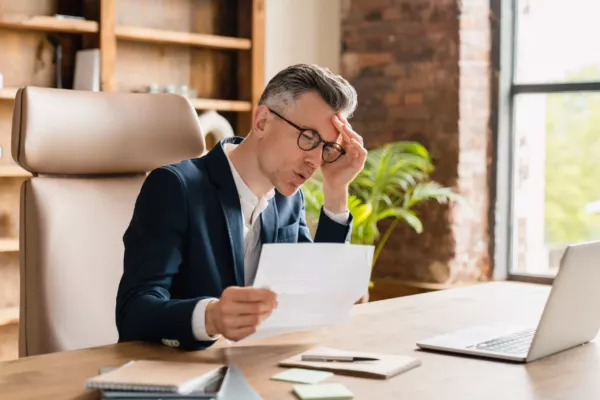In New Jersey, what is an involuntary bankruptcy? There is a provision in the bankruptcy code allowing a creditor to file bankruptcy for a debtor. This is a rare occurrence, but it can be done. Debtors have to deal with debt collection efforts and figuring out debt settlement solutions. They may also have to consider the possibility of having one of their creditors forcing them to file for bankruptcy.
Involuntary Bankruptcy
Bankruptcy laws are comprehensive. There are different types of bankruptcy appropriate for different circumstances. Individuals can file for personal bankruptcy, while businesses can file for corporate bankruptcy. There is also a bankruptcy chapter to suit every situation. Many bankruptcy filings are under Chapter 7 or Chapter 13, which mainly deal with consumer bankruptcy.
The New Jersey bankruptcy law acknowledges creditors’ rights. As such, one of the provisions for them makes it possible for creditors to force their debtors to declare themselves bankrupt. An involuntary bankruptcy occurs when a creditor exercises this right.
Involuntary bankruptcies can be filed against both individuals and businesses. They are filed by creditors in their effort to recover the money that their debtors are unable to pay.
An involuntary bankruptcy is typically useful in situations where the debtor supposedly has the means to make debt payments, but is seemingly avoiding it for some reason. Creditors aren’t likely to file involuntary bankruptcy if they believe their debtors to be in true financial distress. For instance, if the debtor does not have enough assets, the creditor would probably think it pointless to force the issue in a bankruptcy court. On the other hand, successful involuntary bankruptcy cases result in the bankruptcy judge ordering the debtor to pay back the money owed.
Filing a Response
What can you do if someone files an involuntary bankruptcy against you? In New Jersey, you can definitely respond to it and use one of various valid reasons for doing so. Here are some possibilities:
- The bankruptcy wasn’t filed in good faith. You are convinced that the true purpose for filing the involuntary bankruptcy is to close down your business and not to force liquidation of your assets so you can make debt repayment.
- If you do send money to pay your debts, then that’s good material for your defense, especially if the creditor has no proof of cessation of payments to counter your evidence of debt payments.
- The creditor who filed involuntary bankruptcy against you is not qualified to do so. An experienced bankruptcy lawyer can review the bankruptcy case and determine if the creditor is qualified or not to file for involuntary bankruptcy.
Legal Advice
Has somebody filed an involuntary bankruptcy petition against you? Is this compounding your financial problems? Talk to a bankruptcy attorney right away. This could have long-lasting impact on your credit report and finances. You need someone who is familiar with bankruptcy proceedings to review your case and advice you.
Good bankruptcy lawyers know the ins and outs of the bankruptcy process. Therefore, they can efficiently assist and guide you through it. If you’re facing bankruptcy in New Jersey, contact us at Lucid Law for free legal consultation.


